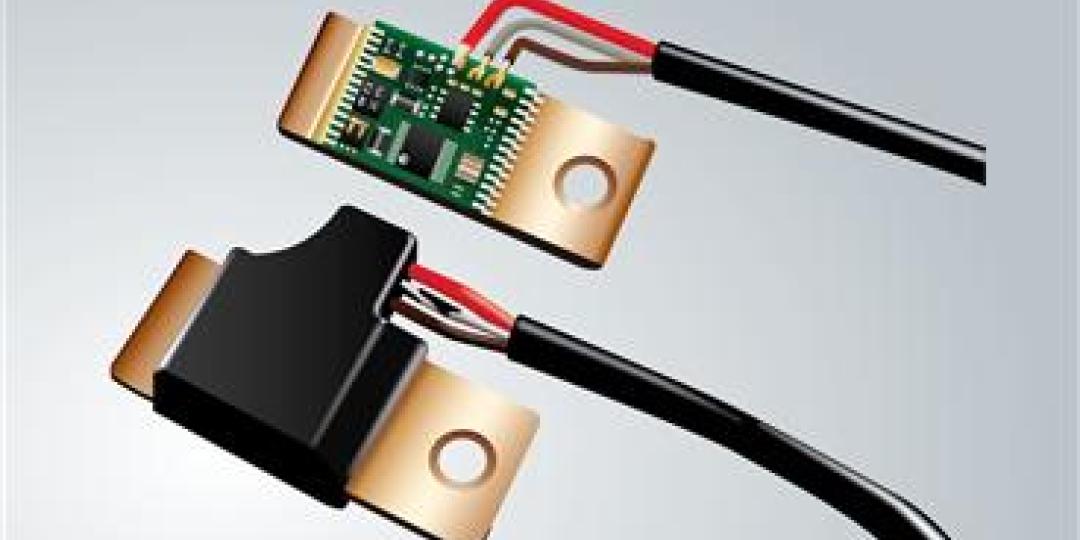Henkel’s low pressure moulding (LPM) technology for encapsulating electrical and electronic components is increasingly adopted for medical, electronic components, power and industrial automation, HVAC and lighting applications. The technology offers numerous economic, process control, design and environmental advantages over alternative systems such as potting with reactive resin systems and high-pressure injection moulding.
The technology enables the quick encapsulation of delicate components by using specialised polyamides in combination with standard processing equipment and low-cost moulds. Because the material is injected at a lower pressure compared to conventional injection moulding processes, and non-abrasive materials are used, the risk of damage to the electronics during the encapsulation process is far lower.
The technology is particularly adept at encapsulating discrete areas in complicated assemblies where wiring is attached to a printed circuit board (PCB), PCBAs and other rigid components.
One reason for this is that Technomelt resins, which are all unfilled, are resistant to high stresses and at the same time are very flexible.
Matthew Hayward, global key account for Power & Industrial Automation at Henkel says: “I see Technomelt as an exciting part of our circuit-board protection portfolio. It offers many unique advantages that traditional potting or conformal coating is not able to provide. It is particularly well suited to high-mix, low-volume applications where throughput is key. The ability to apply this material only where it is needed is a huge benefit. This enables one to ‘skyline’ an application (encapsulating only the components that require protection), or to significantly reduce the weight due to substantially less material usage.”
The encapsulating material provides exceptional electrical insulation, as well as resistance to a broad range of chemicals, extreme thermal cycling across high and low temperatures, and vibrations. The internal electronics are fully protected against outside elements.
Unlike traditional two-component reactive potting compounds, the polyamides used in the Technomelt LPM process are single-component thermoplastics, moulding cycle times are shorter, and there are no emissions of volatiles.
Whereas conventional potting can take as long as 24 hours to complete, the Technometelt LPM process has a cycle time that can be as short as 30 seconds.













